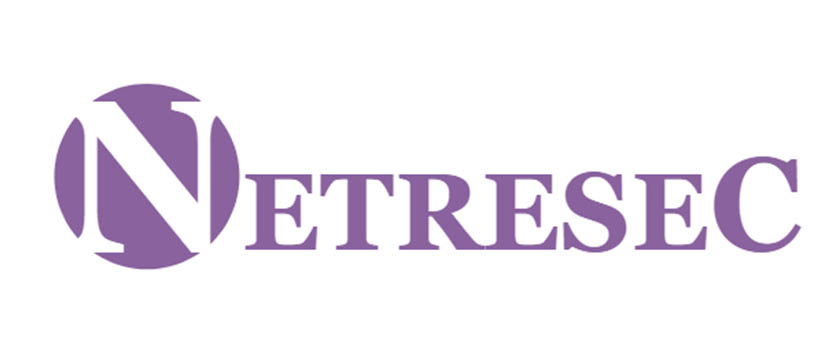Network Forensics
The Science of Breaking Codes




Network Forensics: Overview
Network forensics is a crucial aspect of digital forensic investigations, as networks have become an integral part of modern communication and business infrastructure. With more people relying on networks to communicate and share information, it has become increasingly important to have the skills and knowledge to investigate network activity effectively. Network forensics is the process of capturing, analysing, and interpreting network traffic to identify security threats, investigate security incidents, and gather evidence for legal proceedings. It involves the use of specialized tools and techniques to reconstruct network activities and determine the cause and extent of security breaches or other network-related incidents. Network analysis is a critical component of IT management that helps organizations ensure the security, performance, and efficiency of their networks. Identifying the source of anomalous traffic and troubleshooting it quickly is crucial to digital forensic services. It is a proactive approach to monitor and identify issues in the network infrastructure, overall performance, and bandwidth usage.
Digital forensic experts primarily use network forensics to detect malware and attacks in the network. However, it can also be used as a proactive method to monitor the network and identify potential issues. Also it can recover and rebuild the entire contents of e-mails, instant messages, web browsing operations, and file transfers to reveal the original transaction. This provides valuable evidence in digital forensic investigations. It is a critical tool for digital forensic services. It helps to identify and troubleshoot anomalous traffic quickly, proactively monitor the network, and recover valuable evidence in digital forensic investigations. By utilizing network forensics, digital forensic experts can ensure the security and integrity of the network infrastructure.
Network Forensics Challenges:
Our Network Forensics Partners
Contact us today to learn more about our products and services.
We are headquartered in Gurugram & Regional Offices in Mumbai, Delhi, Bangalore – India.








